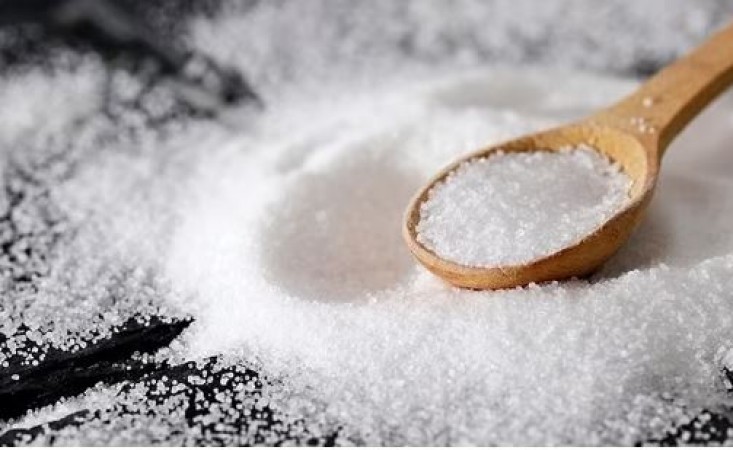
In today's fast-paced world, high blood pressure, or hypertension, has become a prevalent health concern. While many are aware of the link between excessive salt intake and elevated blood pressure, several other factors can contribute to this condition. Understanding these additional culprits is crucial for maintaining a healthy lifestyle and managing blood pressure effectively.
1. Processed Foods
Processed foods often contain high levels of sodium, sugar, and unhealthy fats, all of which can contribute to hypertension. These items include packaged snacks, canned soups, deli meats, and frozen meals. Consuming them regularly can lead to weight gain and increased blood pressure.
2. Sugar and Sugary Beverages
Excessive sugar consumption has been linked to hypertension and other cardiovascular issues. Sugary beverages like soda, fruit juices, and energy drinks can contribute to weight gain and insulin resistance, both of which are risk factors for high blood pressure.
3. Trans Fats
Trans fats are commonly found in fried foods, baked goods, and margarine. These fats not only raise bad cholesterol levels but also increase inflammation and may elevate blood pressure over time.
4. Red Meat
While lean cuts of red meat can be part of a balanced diet, consuming excessive amounts, especially processed varieties like bacon and sausage, has been associated with hypertension. These meats are often high in saturated fat and cholesterol, which can negatively impact heart health.
5. Alcohol
While moderate alcohol consumption may have some cardiovascular benefits, excessive drinking can lead to high blood pressure. Alcohol can disrupt the balance of hormones in the body, increase heart rate, and contribute to weight gain, all of which can elevate blood pressure levels.
6. Caffeine
While caffeine is a stimulant that can temporarily raise blood pressure, the long-term effects of moderate caffeine consumption on hypertension are less clear. However, for some individuals, especially those who are sensitive to caffeine, excessive intake from coffee, tea, or energy drinks may contribute to elevated blood pressure.
7. High-Sodium Condiments
In addition to salt, many condiments and sauces contain hidden sources of sodium, such as soy sauce, barbecue sauce, and teriyaki sauce. These flavor enhancers can significantly increase the sodium content of a meal, contributing to high blood pressure if consumed in excess.
8. Stress and Anxiety
While not a dietary factor, stress and anxiety can significantly impact blood pressure levels. Chronic stress activates the body's "fight or flight" response, leading to increased heart rate and blood pressure. Learning stress management techniques and adopting a healthy lifestyle can help mitigate these effects. In conclusion, while salt is a well-known contributor to high blood pressure, it's essential to recognize that other dietary and lifestyle factors can also play a significant role. By making mindful choices and prioritizing a balanced diet rich in fruits, vegetables, whole grains, and lean proteins, individuals can better manage their blood pressure and reduce their risk of cardiovascular disease.
Which lipstick shade to wear with which outfit, know here
You will get a celebrity look on Valentine's Day, just style your denim dress like this
Banita Sandhu Shines with Classic Elegance: A Closer Look at Her Timeless Fendi First Clutch